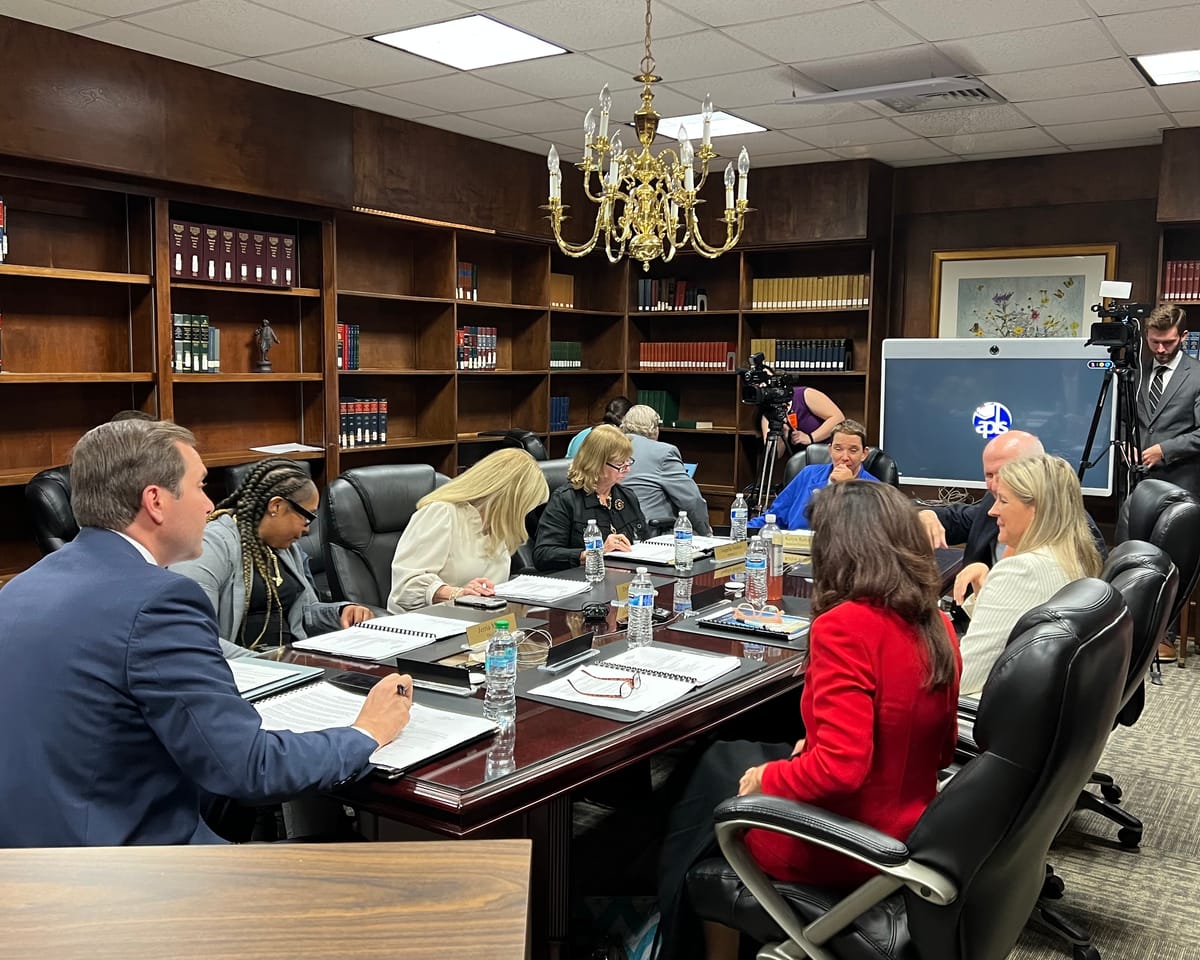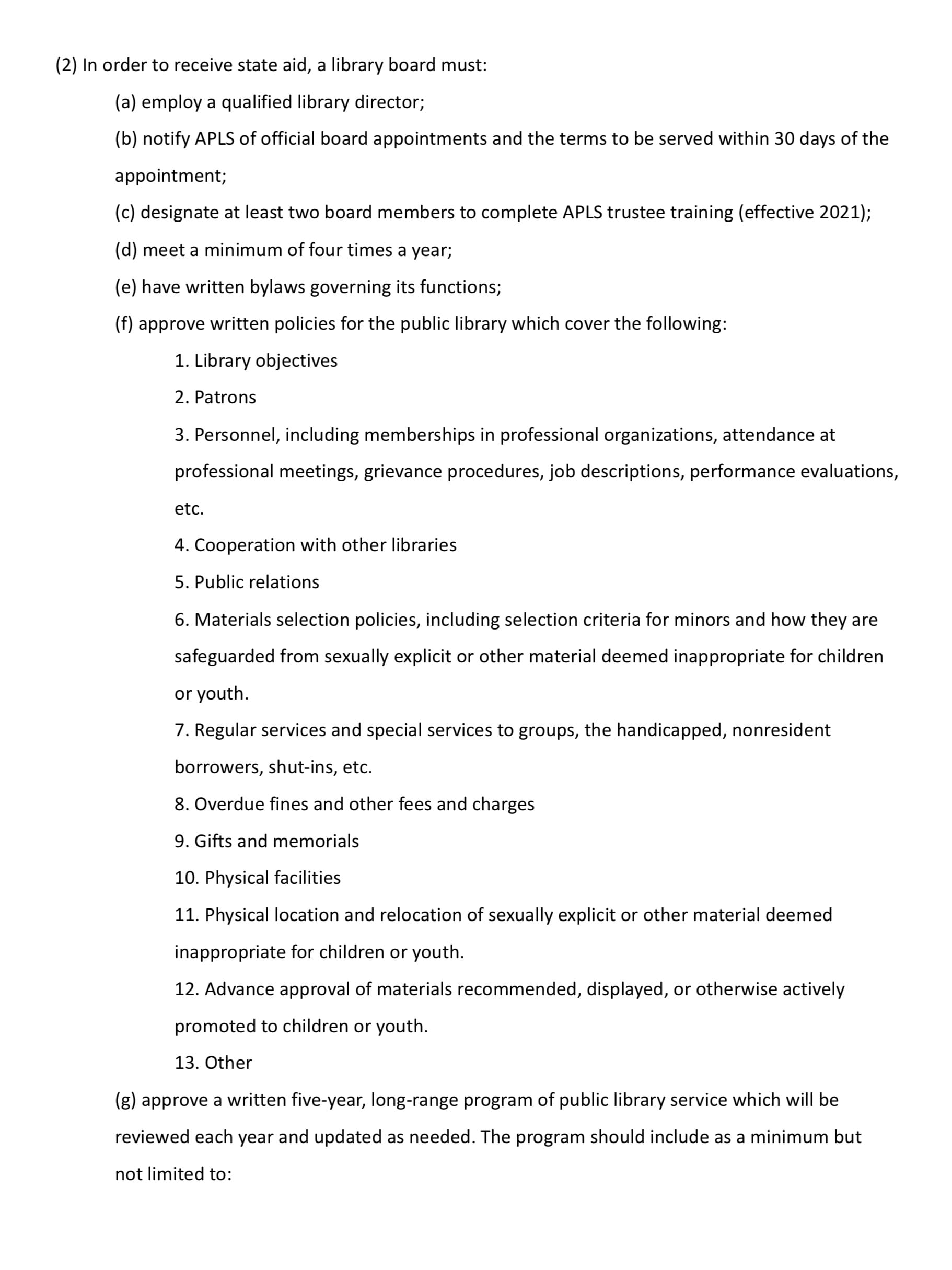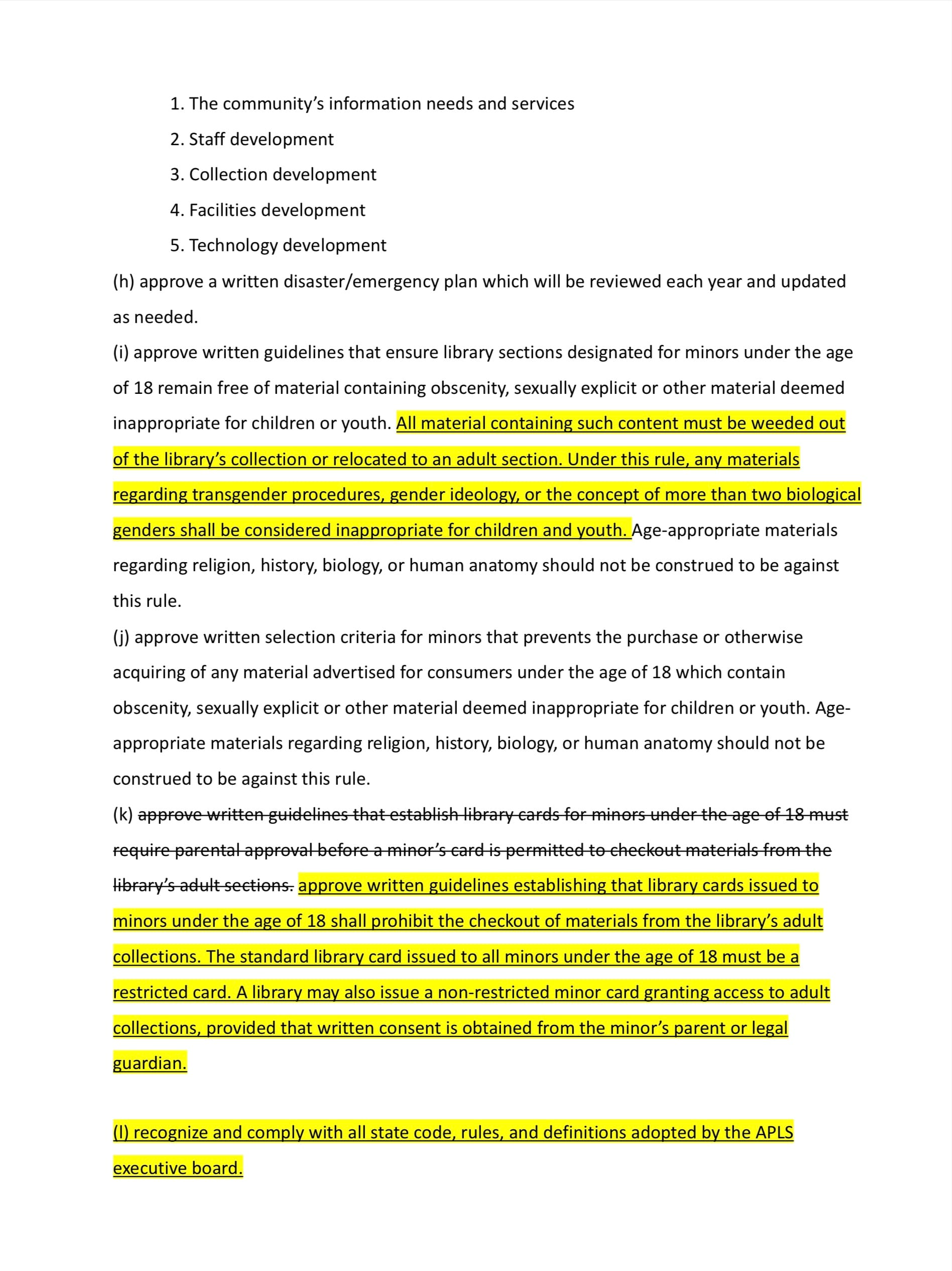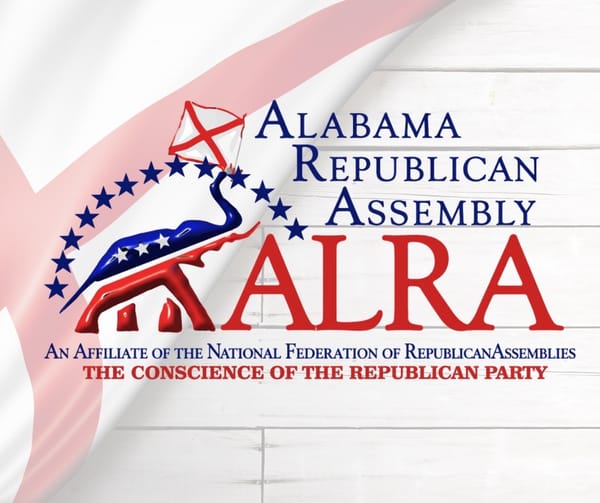APLS Board Passes Code Change, Moves Gender Ideology Materials
Moves works that “promote, encourage, or positively depict transgender procedures, gender ideology, or…more than two biological genders” to adult sections

The Alabama Public Library Service (APLS) Board of Directors has approved a controversial amendment to its administrative code that restricts certain library materials in children’s and teen sections. The rule, passed on Thursday, will reclassify any works that “promote, encourage, or positively depict transgender procedures, gender ideology, or the concept of more than two biological genders” as inappropriate for youth.
Board Chairman John Wahl defended the change as a way to strengthen parental authority and protect minors in publicly funded libraries. “Families across this State spoke clearly during the public comment period, and it's our responsibility to listen to them as we serve the public, Wahl said in a statement. “We will ensure that children are not exposed to sexual materials without their parents' consent."
"We are proud to join national leaders in reaffirming the truth that biology matters," Wahl went on. "Alabama is sending a clear message that we will protect children, defend parental rights, and preserve the integrity of women's spaces. This code change reflects the direction that millions of Americans want to see—common sense, grounded in science, and rooted in the values that strengthen our families and our future."
“Alabama's libraries should be places of learning and discovery—not platforms for experimental ideas that undermine traditional family values. This amendment ensures our libraries remain safe, educational, and welcoming places for all Alabama families,” Wahl concluded.
The updated policy reflects feedback from more than 8,400 Alabamians during a recent public comment period. In total, the Board received 8,478 written submissions, with 6781 in support of the proposed change and 1697 opposing the change. At the October 21 meeting, approximately 30 people spoke in favor of the change, while 25 opposed it.
Not all on the APLS Board supported the amendment. Ron Snider, who opposed the rule, argued it oversteps local authority. “We could have 226 people in 226 communities coming to us because they disagree with local decisions,” he said.
The change drew sharp reactions from advocacy organizations. EveryLibrary, Read Freely Alabama, and others issued a joint statement calling the rule a “sweeping, state-mandated censorship regime” that discriminates against transgender and LGBTQ+ identities.
Read Freely Alabama’s Senior Leadership said, “The new ‘gender ideology’ amendment highlights the APLS Board’s continued pattern of disregard for the First Amendment and parental rights, and is a deliberate attempt to target Alabamians they do not think should exist in the public sphere. Read Freely Alabama remains committed to fighting this unconstitutional amendment.”
Critics also warn the amendment could pressure local libraries to comply under threat of funding cuts, since APLS ties some funding to compliance with its code—as has happened to the Fairhope Public Library.
Supporters of the changes applauded the Board’s actions. In a statement, Clean Up Alabama called it a “big win” for Alabama’s children, saying, “It's a victory worth celebrating—your voices made this happen. This is a tremendous win for families and a major step forward for Alabama's libraries.”
Clean Up Alabama went on to say, “The people spoke overwhelmingly in support of further clarification on inappropriate materials for minors 0-17 during APLS's comment period. Not only did the overwhelming majority support the changes—they urged the board to go even further than the original proposal. We demanded more, and APLS delivered. The final code is stronger, clearer, and better for Alabama's children.”
Once the rule formally becomes part of Alabama’s library code, materials falling under the new definition will need to be removed from youth sections or relocated to adult areas.
Supporters say the change reflects common-sense, science-based values and prioritizes family rights. Opponents, however, see dangerous precedent in limiting access to books that reflect diverse gender experiences.
Given the highly contentious nature of this issue and the personalities involved, it’s likely we have not heard the last of this. ALPolitics.com has been told that Read Freely Alabama and their allies are planning legal action to block the change and its implementation, but this cannot be confirmed as of press time.
The pertinent sections of the code , with changes highlighted in yellow, is available at THIS LINK and below:






